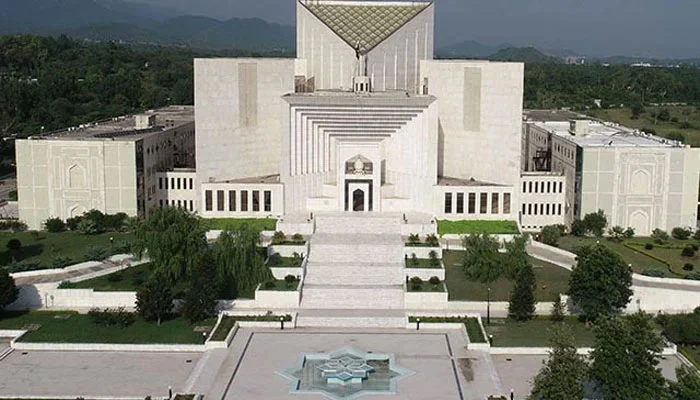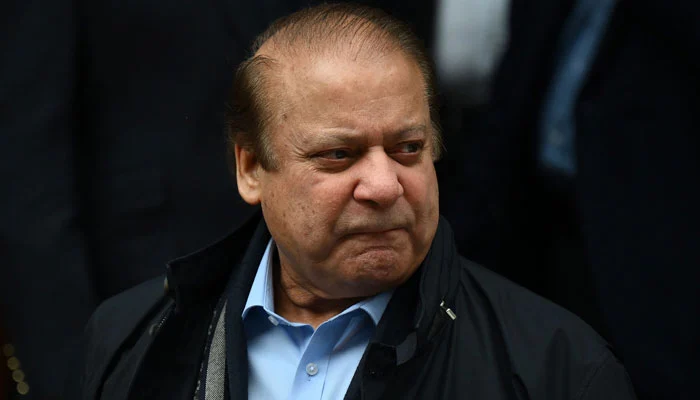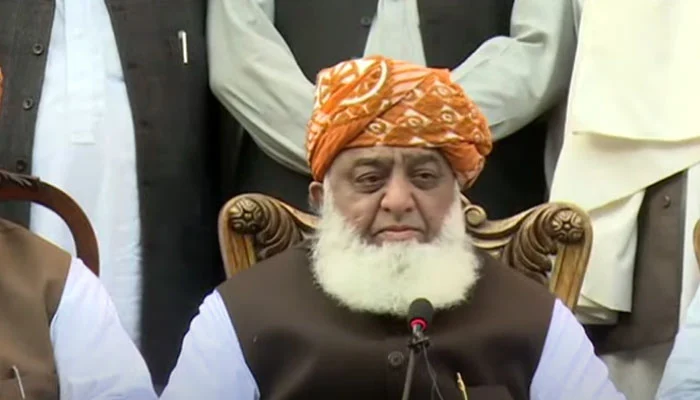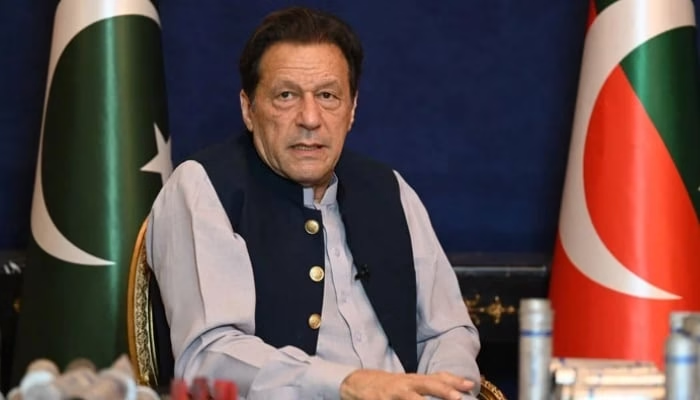In a legal battle that could have far-reaching implications for Pakistan’s legal system, the religious political party, Jamiat Ulema-e-Islam Fazl (JUI-F), has filed a written response in the Supreme Court against the Practice and Procedure Act. The response, prepared by JUI-F’s legal counsel Kamran Murtaza, challenges the constitutional validity of certain provisions within the Act.
The application submitted by JUI-F requests the court to reject the applications filed under the Practice and Procedure Act. Central to their argument is the contention that these provisions are in conflict with the constitution and established laws of the country.
In their response, JUI-F asserts that the Act does not clash with the Constitution and the legal framework in Pakistan. They contend that according to judicial decisions, the Act falls within the purview of parliamentary authority. The response emphasizes that the Act, as it stands, does not grant any individual excessive powers, and it operates within the boundaries set by the Pakistani Constitution.
According to JUI-F’s legal representation, the Act merely empowers the parliament, which is the legitimate body for enacting and amending laws in the country. They further argue that the Act does not infringe upon the powers vested in the Supreme Court or alter the fundamental structure of the Pakistani legal system.
The crux of JUI-F’s argument lies in the assertion that the Act does not empower any specific individual but operates within the framework of parliamentary procedures. They maintain that the Act adheres to the principle of separation of powers and respects the authority of the judiciary.
This legal battle raises significant questions about the balance of power between the parliament and the judiciary in Pakistan. It delves into the intricate nuances of constitutional law, exploring the extent to which parliamentary acts can influence legal proceedings without overstepping the boundaries set by the Constitution.
As the case unfolds in the Supreme Court, legal experts and scholars are closely watching the proceedings, as the outcome could set a precedent for future legal battles involving the separation of powers in Pakistan. The decision rendered by the court will not only impact the Practice and Procedure Act but could potentially shape the dynamics of the country’s legal and political landscape.



